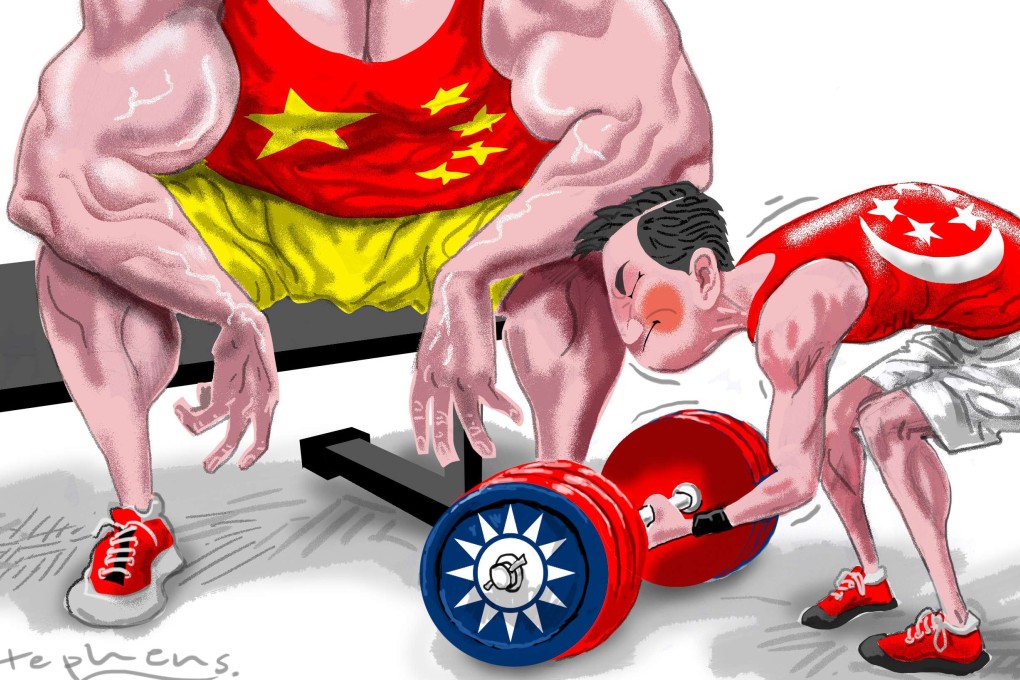Why Singapore should not be surprised that relations with China have changed
William Zheng says the city state’s recent troubles with Beijing – over issues including the South China Sea and Taiwan – reflect the story of a world power coming into its own


Watch: Singapore’s military vehicles seized in Hong Kong
How Singapore’s military vehicles became Beijing’s diplomatic weapon
It did not end there. There was no meeting last year of the Joint Council for Bilateral Cooperation, the highest-level institutional mechanism of Sino-Singaporean cooperation. The initiative was launched in 2003 by then Chinese premier Wen Jiabao (溫家寶) and Singapore’s prime minister, Goh Chok Tong. Currently, it is co-chaired by Singapore’s Deputy Prime Minister Teo Chee Hean and Chinese Vice-Premier Zhang Gaoli (張高麗). Zhang is a member of the Politburo Standing Committee.

Many Singaporeans were shocked and concerned, especially those working and investing in China. Some have complained that they had been pressed to take a stand on the South China Sea dispute on various occasions. They said they felt bullied and wonder why, when Singapore’s troops have been in Taiwan for years with no untoward consequences, things have changed.